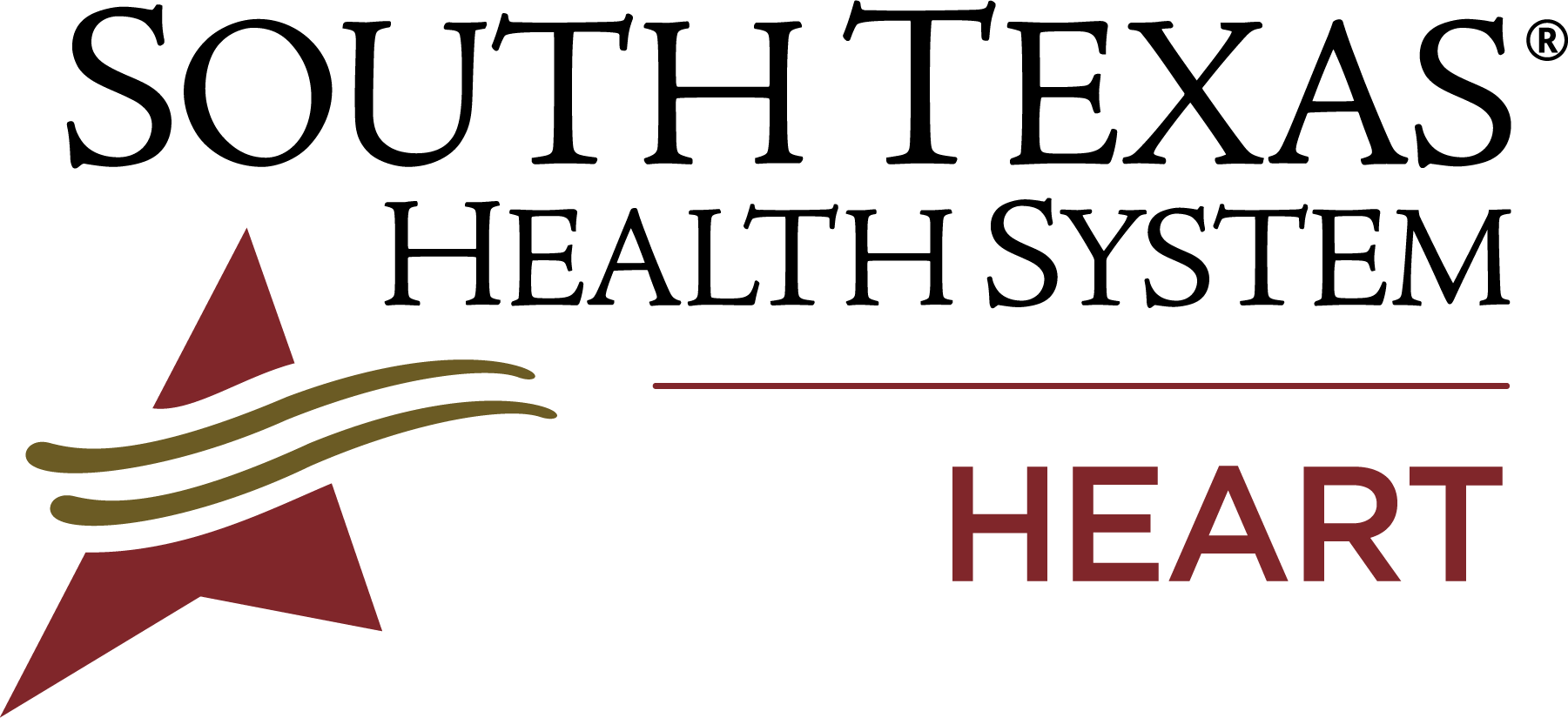Signs of Worsening Heart Failure
While some signs and symptoms of heart failure may not be an emergency, they can worsen if you do not take action immediately. If you have any of the following symptoms, call your doctor or healthcare provider and let them know:
- Shortness of breath
- Feeling dizzy or lightheaded
- Weight gain of three or more pounds in one day
- Weight gain of five pounds in one week
- Unusual swelling in the legs, feet, hands, or abdomen
- A persistent cough or chest congestion (the cough may be dry or hacking)
- Increasing fatigue or a sudden decrease in your ability to do normal activities
- A loss of appetite or nausea
- A feeling of fullness or bloating in your stomach
- Confusion or restlessness
These symptoms may be early signs that fluid is building up and your heart failure is getting worse. If you have these symptoms, let your doctor or nurse know as quickly as possible. Be careful about showering or getting into hot water, which may result in dizziness and lightheadedness as a result of lowered blood pressure. When bathing or showering, try lukewarm water instead. Make sure the water is not more warm than your body temperature.
When to call 911 for Heart Failure
Call 911 if you experience the following symptoms:
- Chest discomfort or pain that lasts more than 15 minutes (that is not relieved with rest or nitroglycerin)
- Severe or persistent shortness of breath
- Fainting or passing out
- A fast or irregular heartbeat, palpitations or a racing heart that does not go away
- A need to sleep sitting up on more pillows than usual
- Frothy or pink tinged sputum when coughing
